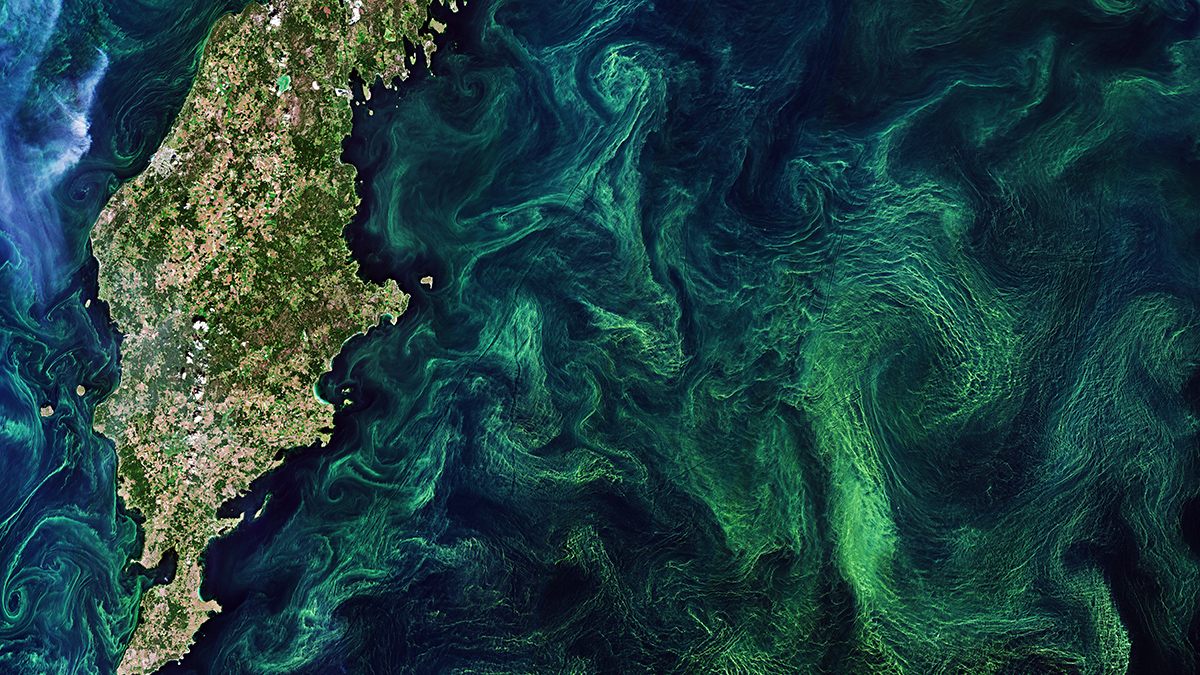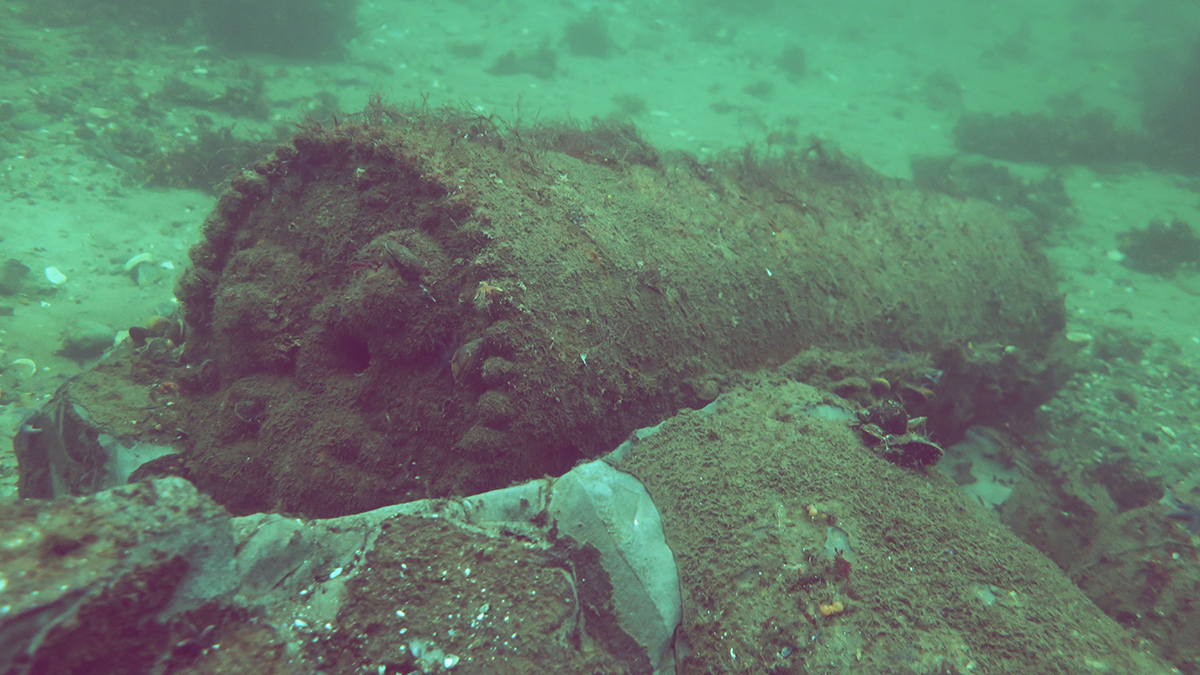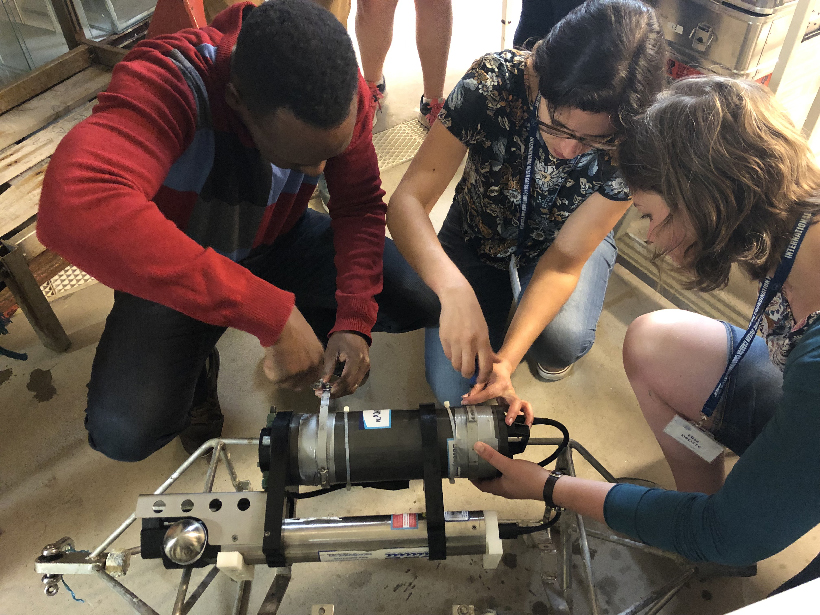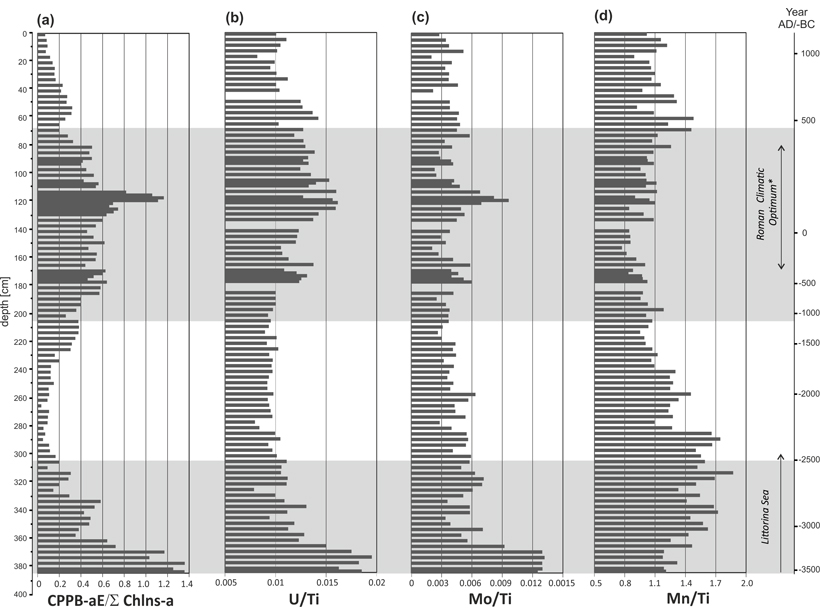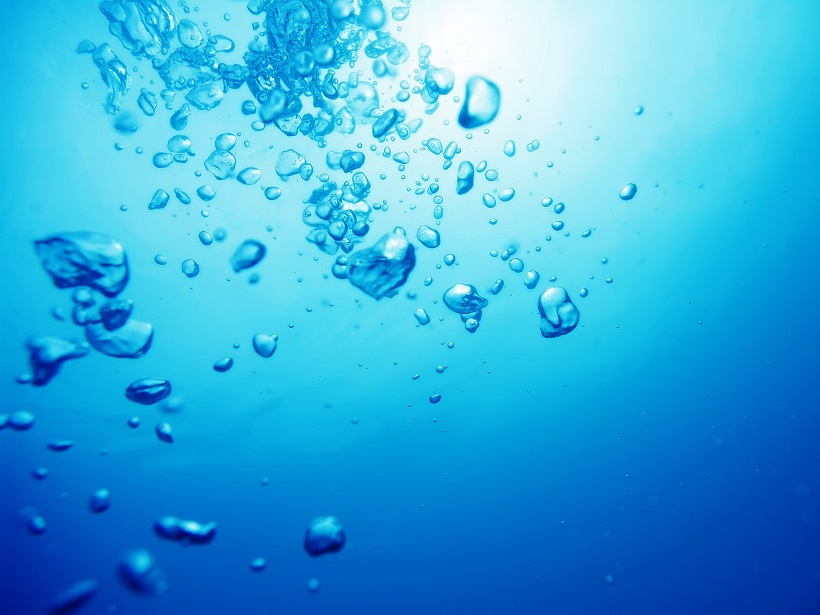Reoxygenation approaches have shown some success in lakes, but their potential risks must be examined carefully before they’re implemented as solutions to improve the health of coastal waters.
Baltic Sea
WWII Ordnance Is Polluting the Baltic Sea
Discarded explosives were dumped into the Baltic and North seas after World War II. Their deadly legacy is still with us.
Toxic Metal on the Rise in the Baltic Sea
Postwar reconstruction is likely the cause of elevated thallium levels, but low-oxygen, high-sulfide conditions keep the material, which is extremely dangerous to mammalian health, from moving into the human food chain.
Training the Next Generation of Marine Biogeochemists
Early-career scientists came together recently to learn to use a suite of ocean biogeochemical sensors, with the goal of closing the knowledge gap between ocean technology and potential end users.
Baltic Bacterial Blooms Over the Millennia
Eutrophication not only is a present-day anthropogenic phenomenon in the southern Baltic but also occurred over the past few millennia, with cyanobacterial blooms during times of climate warming.
Just How Anomalous Is the Vast Baltic Sea Dead Zone?
Newly drilled cores from the Baltic Sea reveal 1,500 years of deoxygenation history. The record sheds light on the dire state of the Baltic Sea today.
Multiple Choices Exist for Changing Ocean Oxygen Concentrations
Widespread declines in ocean oxygen concentrations are now being reported with authors offering quite different explanations. Which ones are correct?

